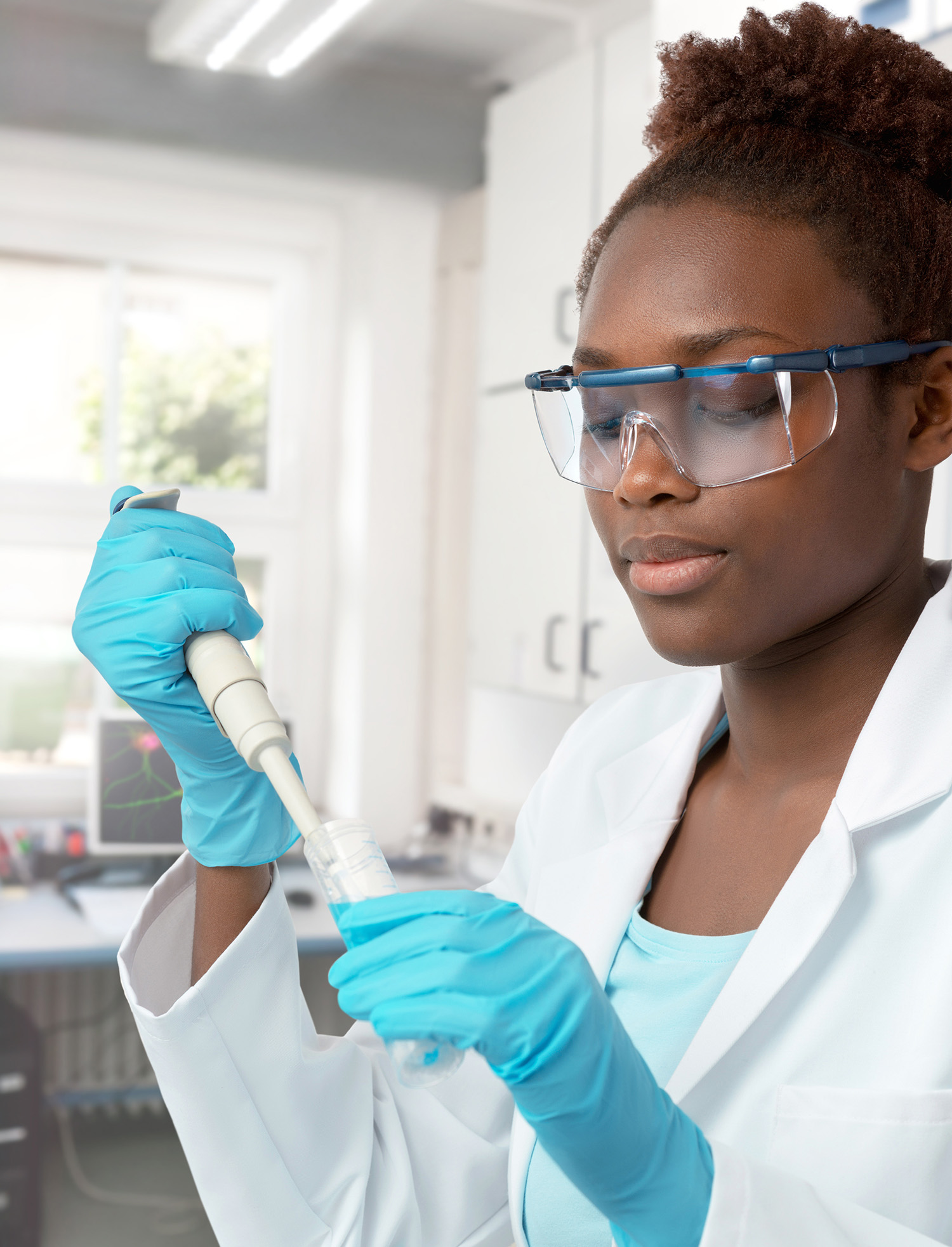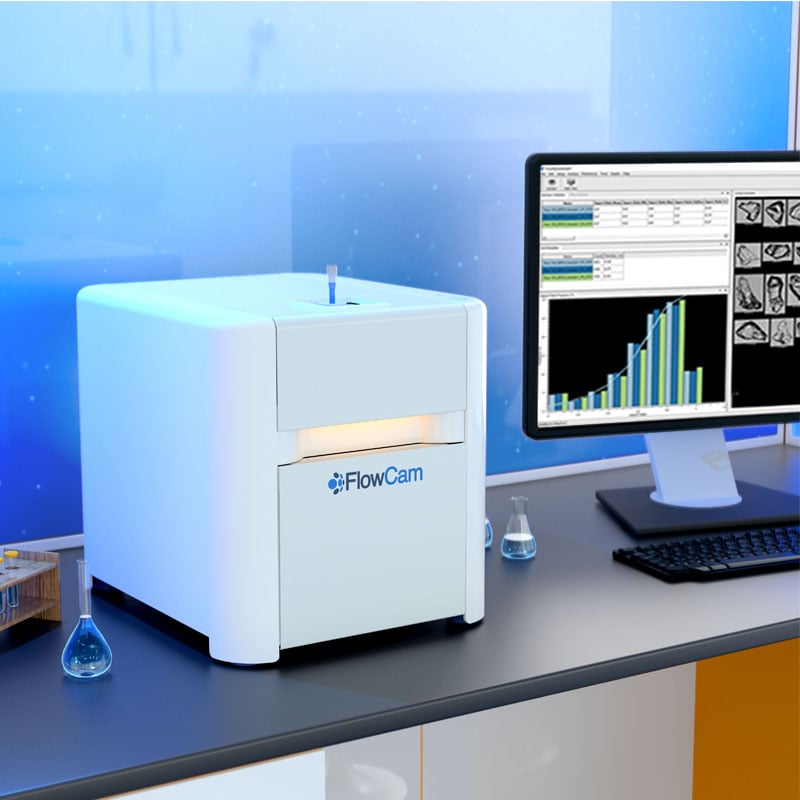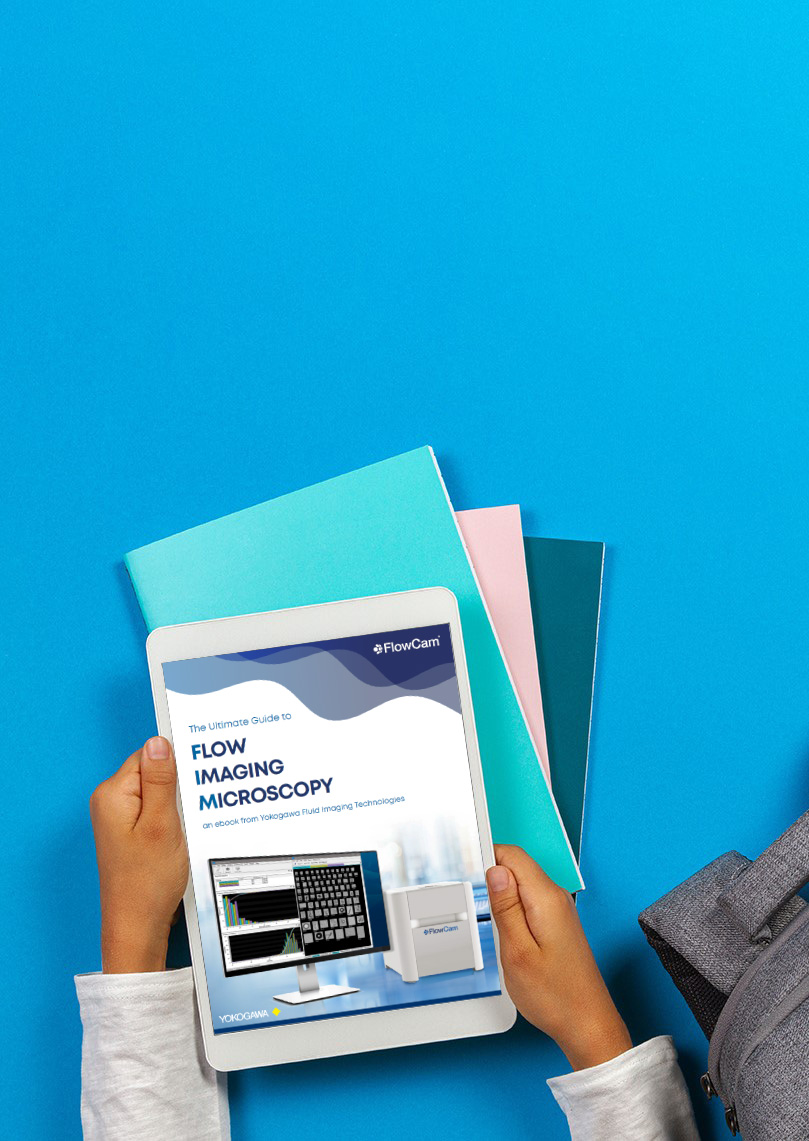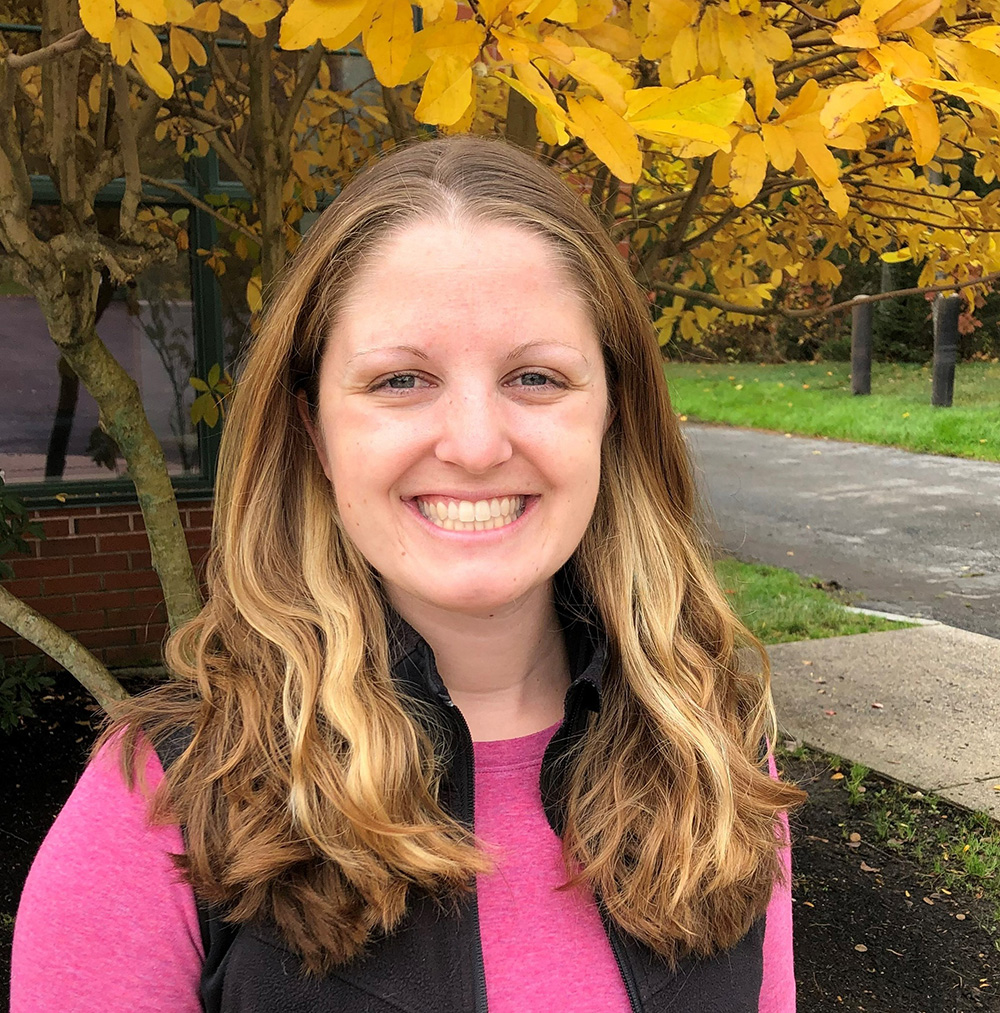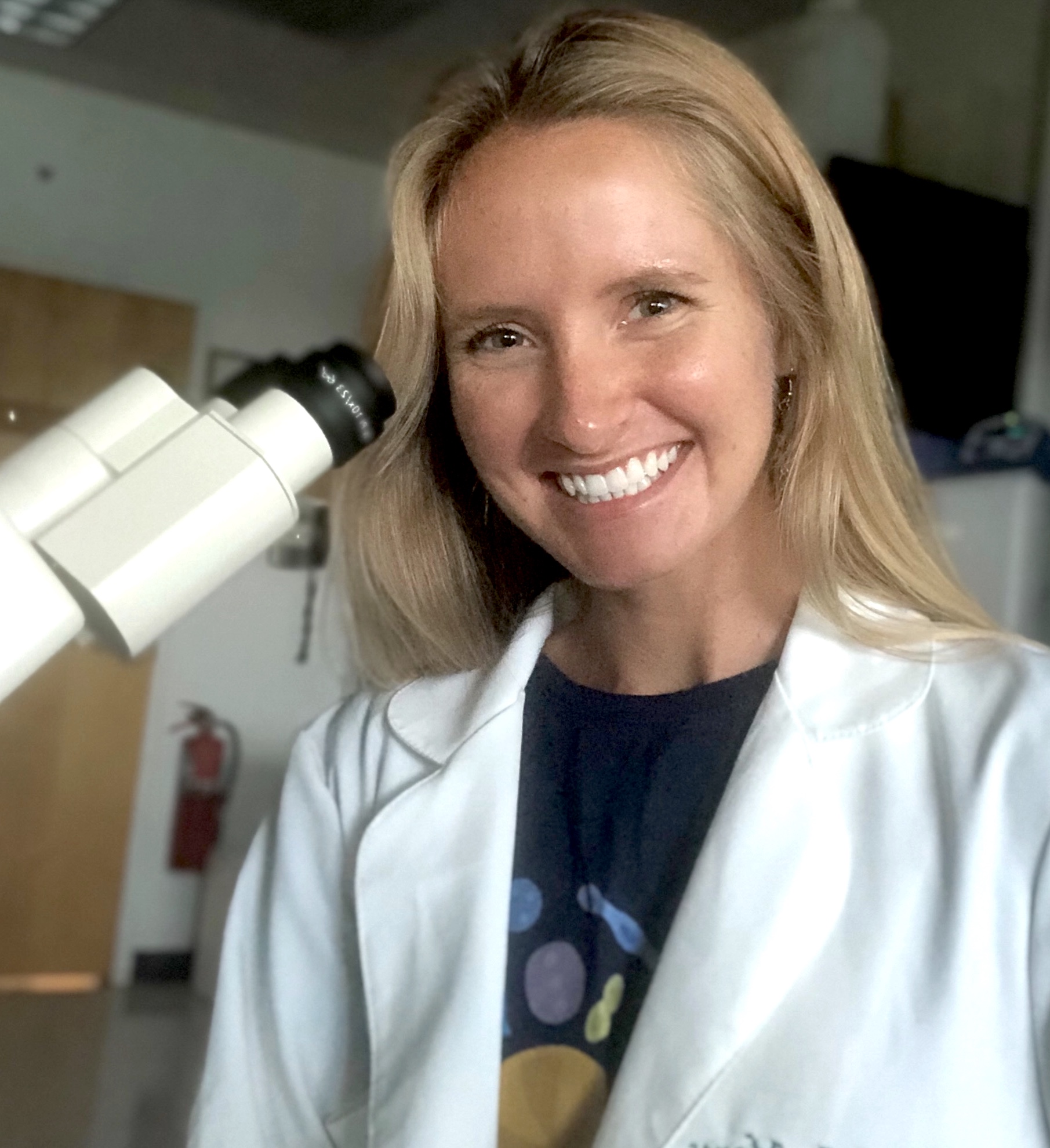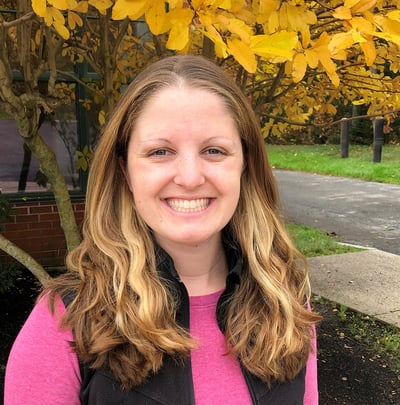Today we are excited to announce the recipient of this year’s Aquatic FlowCam Research Equipment and Travel grant for graduate students. This grant provides students and professors with access to a FlowCam at their lab for the fall semester, as well as financial support to present their work involving the FlowCam at a North American conference (remotely, if needed).
This is the first year we have offered this program since 2016, and we received an astonishing 26 applications across both undergraduate and graduate categories and were amazed by the quality of research put forward by each applicant.
This year’s graduate award goes to Savannah Mapes, a graduate student at the Virginia Institute of Marine Science (VIMS) who is studying harmful algal blooming (HAB) species in the lower Chesapeake Bay with Dr. Kimberly Reece. She will be using the FlowCam 8100 to study HAB dynamics in the York River/lower Chesapeake Bay while also studying the life cycle of Alexandrium monilatum, a local toxin-producing HAB species, in the lab. Prior to VIMS, Savannah earned her bachelor’s degree in Marine Biology at Texas A&M Galveston, where she studied the effects of oil spills on phytoplankton in the Gulf of Mexico and completed an REU at Mote Marine Lab where she studied a potential parasitic biocontrol for Karenia brevis (“Florida red tide”).
Please join us in congratulating Savannah and VIMS!
We wish we could offer a FlowCam to all of our applicants, and we were pleased to read comments like these among the 2020 grant submittals:
"By having the use of the FlowCam I will be able to collect phytoplankton data for these samples much faster and more accurately than if I do them by use of microscopy alone...I would [also] be able to publish much faster than I originally thought possible."
"FlowCam will allow us not only to process more samples than we could physically count using only a microscope, but will also afford the opportunity to collect more meaningful and accurate data for size and morphology…”
"The ability to have nearly real-time data that can be relayed to scientists and resource managers in a changing world is critical. The FlowCam meets the unique challenge of how to rapidly produce quality data."
"...the FlowCam is perfect for population- and community-level analyses of algae related to their interactions with competitors, predators, and pathogens."
"I can attest to the efficiency a FlowCam can offer and hope that...I can convince my current colleagues through demonstration that a new FlowCam would be a fantastic addition to our lab."
If you missed this season’s application period, you can read more about the FlowCam grant program on our website, or subscribe to our blog to receive updates about future grant offerings (just fill out the form on this page).


